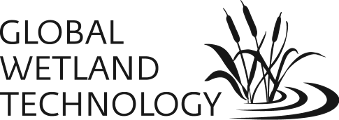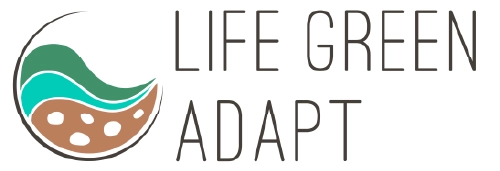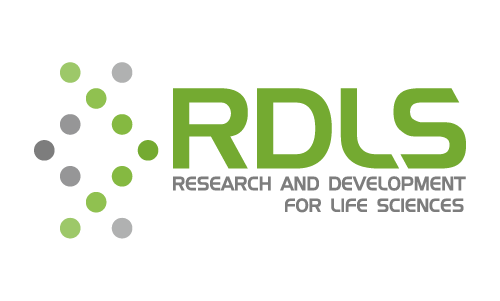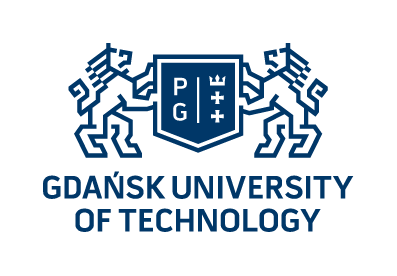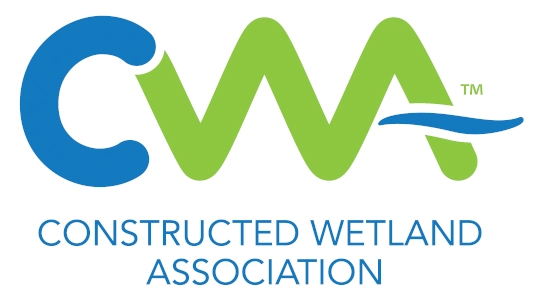WETPOL scope
WETPOL (Wetland Pollutant Dynamics and Control) is a biannual international conference that brings together scientists, engineers, and practitioners working on wetland ecosystem services, including water quality improvement, climate regulation, and flood control. WETPOL was initiated in 2005 in Ghent (Belgium) and has since been hosted in Tartu (Estonia, 2007), Barcelona (Spain, 2009), Prague (Czech Republic, 2011), Nantes (France, 2013), York (UK, 2015), Big Sky (Montana, USA, 2017), Aarhus (Denmark, 2019), and Vienna (Austria, 2021).
The 10th anniversary edition of the conference took place in 2023 in Bruges, Belgium.
In 2025, we invite you to Poland, to the city of Gdańsk, where the next edition of WETPOL will provide a platform for knowledge exchange.
Typical conference topics
The conference topics are designed to reflect the latest advancements in wetland science, new technologies, climate change impacts, and modern approaches to pollution management. Emphasis is placed on innovative solutions such as microbial and molecular technologies, the integration of wetlands into urban settings, and the application of artificial intelligence in wetland ecosystem research.
- Biogeochemical cycling of carbon and nutrients in natural and urbanized catchment
- Carbon sequestration and greenhouse gas emissions
- The role of wetlands in pollutant management at the catchment scale
- Increase process understanding for TW types, e.g.:
- Evaporative willow systems,
- Sludge treatment wetlands,
- Intensified wetlands,
- Microbial electrochemical wetlands resources recovery from wetlands
- Wetland plants ecophysiology and invasiveness in face of climate change
- Impact of climate change on wetland systems
- Attenuation of diffuse pollution in wetlands
- Behaviour of priority and emerging pollutants in wetlands
- Molecular and microbial advances related to pollutant fate, disposal and removal in wetlands
- Role and functioning of wetlands and other nature-based solutions in urban settings
- Advances in modelling for process understanding and design e.g.:
- artificial intelligence
- advanced algorithms in modeling processes in wetlands,
- digital twins


